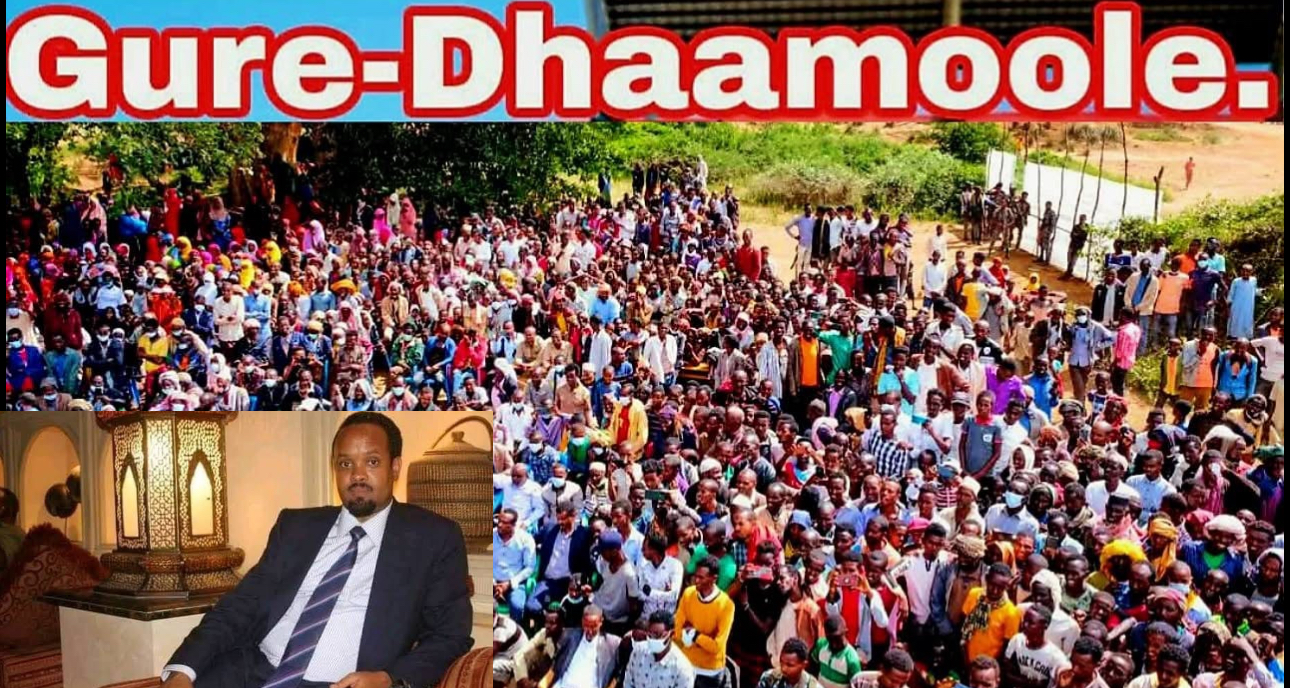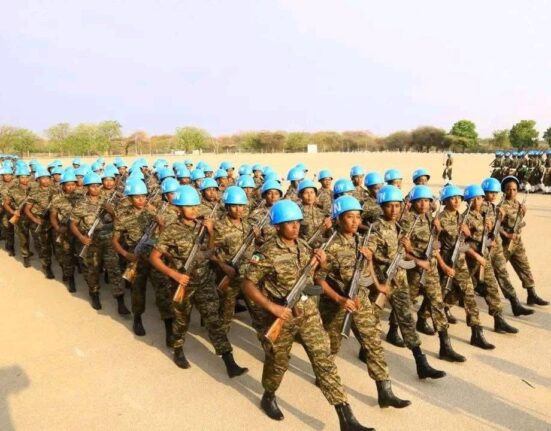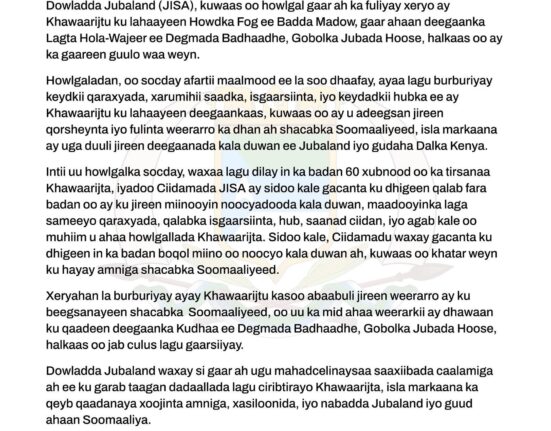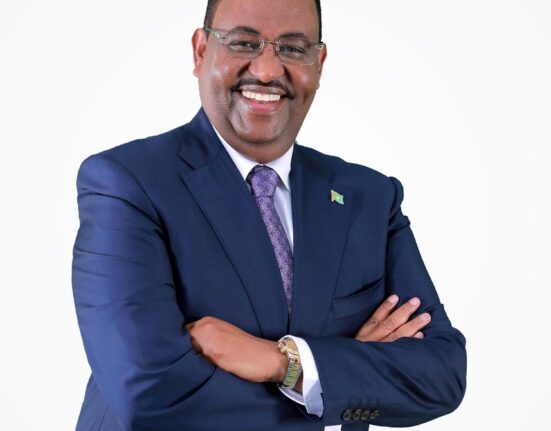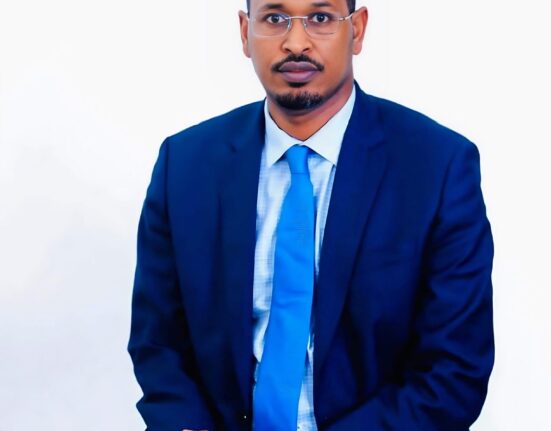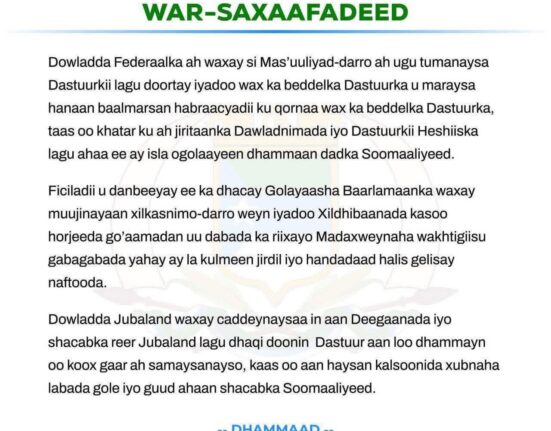HornCurrent.com – Somali Region Desk
A growing wave of concern is emerging from border communities in the Somali Region of Ethiopia after the regional government, under the leadership of President Mustafe Omar, unilaterally nominated Guradamole, a long-disputed area between the Somali and Oromia regions, as a new zone administration.
This decision—reportedly backed by Federal Finance Minister Ahmed Shide Mohamed, whose clan resides in the area—has reignited fears of ethnic tension, armed conflict, and territorial instability in an already fragile borderland. Local residents, elders, and peace advocates are sounding the alarm and calling on Prime Minister Abiy Ahmed to urgently intervene before the situation escalates.
A Volatile Border with a History of Violence
Guradamole is one of the most contentious territories along the Somali-Oromia border. For years, this area has experienced recurring clashes, displacement, and bloodshed due to unresolved claims by both Somali and Oromo communities. Local sources emphasize that the area’s status remains disputed, with no federal or mutually agreed resolution between the two regional states.
By pushing through a zone nomination without joint consultation or federal mediation, critics argue that the Somali Regional Government is inflaming ethnic tensions and jeopardizing the coexistence of diverse communities who have long struggled to maintain peace under precarious conditions.
Accusations of Political Favoritism
Sources close to the issue allege that this decision was politically motivated, driven by the influence of Finance Minister Ahmed Shide, a powerful federal figure whose clan has ancestral ties to Guradamole. “This move is not about development or governance,” one local elder stated. “It’s about control, power, and tribal expansion—at the cost of stability.”
The nomination has been met with intense opposition from Oromo communities and from within the Somali Region itself, where some zones and woredas have erupted in protest over similar unilateral administrative changes.
Urgent Call to Prime Minister Abiy Ahmed
HornCurrent.com has received multiple letters and statements from civil society leaders, elders, and border community representatives urging the federal government to immediately halt the implementation of the new Guradamole zone.
“We are calling on Prime Minister @AbiyAhmedAli to recognize the dangerous precedent this sets,” reads one open message. “If borderland communities are forced into new administrative identities without mutual agreement, it will destroy the fragile harmony that has barely held these areas together.”
Request for Federal Oversight and Mediation
The community calls for federal intervention not only to reverse the current decision but to ensure that any future changes to the structure of contested areas are made through:
- Joint consultations between Somali and Oromia regions
- Involvement of traditional elders and residents
- Federal mediation teams and conflict resolution bodies
Analysts warn that border violence could escalate quickly if the current political trajectory continues. “These are not symbolic actions,” one local peace researcher noted. “This is how wars begin—through administrative decisions that ignore people’s voices and territorial realities.”
Conclusion
The situation in Guradamole is emblematic of deeper challenges facing Ethiopia’s federalism—particularly around contested borders and ethnic identities. As the Somali Region pushes ahead with zone nominations, the risk of violence, mistrust, and ethnic confrontation grows.
HornCurrent.com joins community members in calling for immediate federal attention and corrective action. Peace must be prioritized over politics. The future of border communities depends on it.
HornCurrent.com
Reporting the Real Voices from the Somali Region


